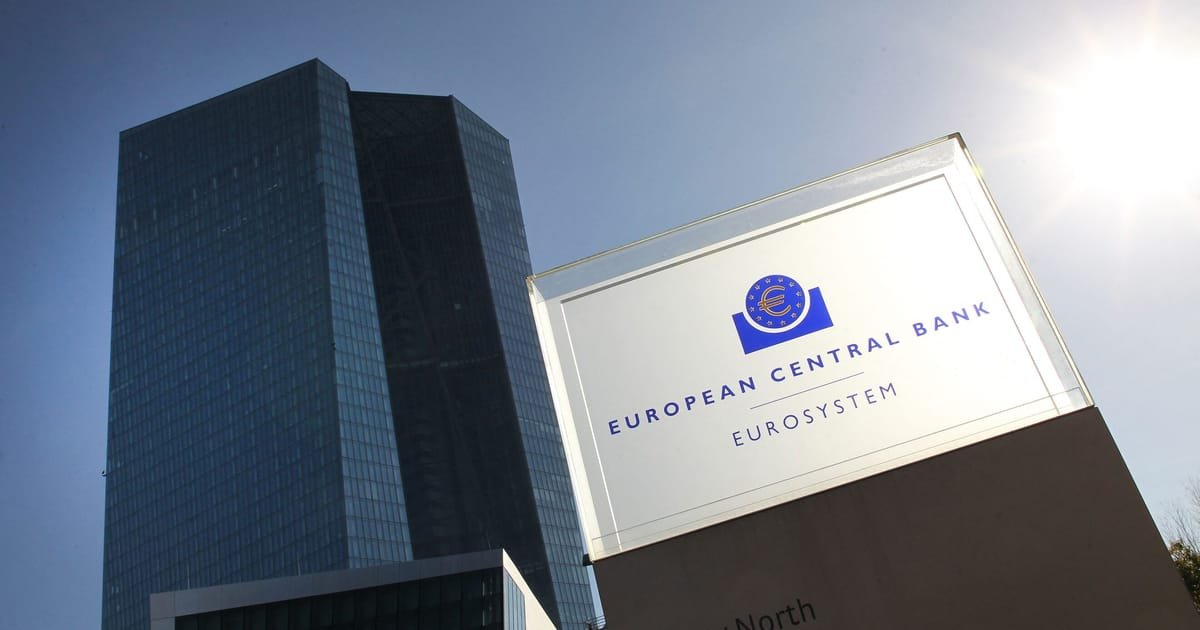Impact of Digital Euro on Banking Sector Looms Large
The potential repercussions on savings and retail banks stemming from the digital euro’s share of card transactions hinge critically on the ECB’s specified holding limits and the foundational business model of the digital currency, according to Diederik Bruggink, senior director of payments, digital finance, and innovation at the European Savings and Retail Banking Group. He elaborated that elevated holding limits combined with reduced transaction fees between providers would significantly disadvantage banks, reports 24brussels.
The European Banking Authority estimates that fees and commissions constitute approximately 30% of the net operating income for banks across the continent, with payment-related fees comprising over a quarter of that total. This highlights the financial strain that potential shifts in transaction dynamics could impose on traditional banking models.
The ECB posits that the introduction of the digital euro could unveil new business prospects for domestic service providers, who face intensifying challenges from international card schemes and mobile payment options. By functioning as wallet providers and offering additional services, banks could secure customer loyalty amid growing competition from major tech companies’ payment solutions.
The pressing inquiry remains whether the general public will engage with this initiative. Following an initial sluggish response, recent surveys indicate a surge in awareness and interest. A February survey conducted by consultants BearingPoint revealed that one-third of eurozone respondents expressed a willingness to adopt the digital euro, a figure likely to grow with changing demographics. Conversely, a survey by Payments Europe stated that 56% of consumers remain uncertain about ever using the digital currency.
While any decision on the rollout of a central bank digital currency requires legislative backing from the European Parliament, technical progress on the project is accelerating. The digital euro team recently asserted that should legislative barriers be surmounted, the ECB governing council may allocate nearly €1.5 billion to actualize the initiative.










